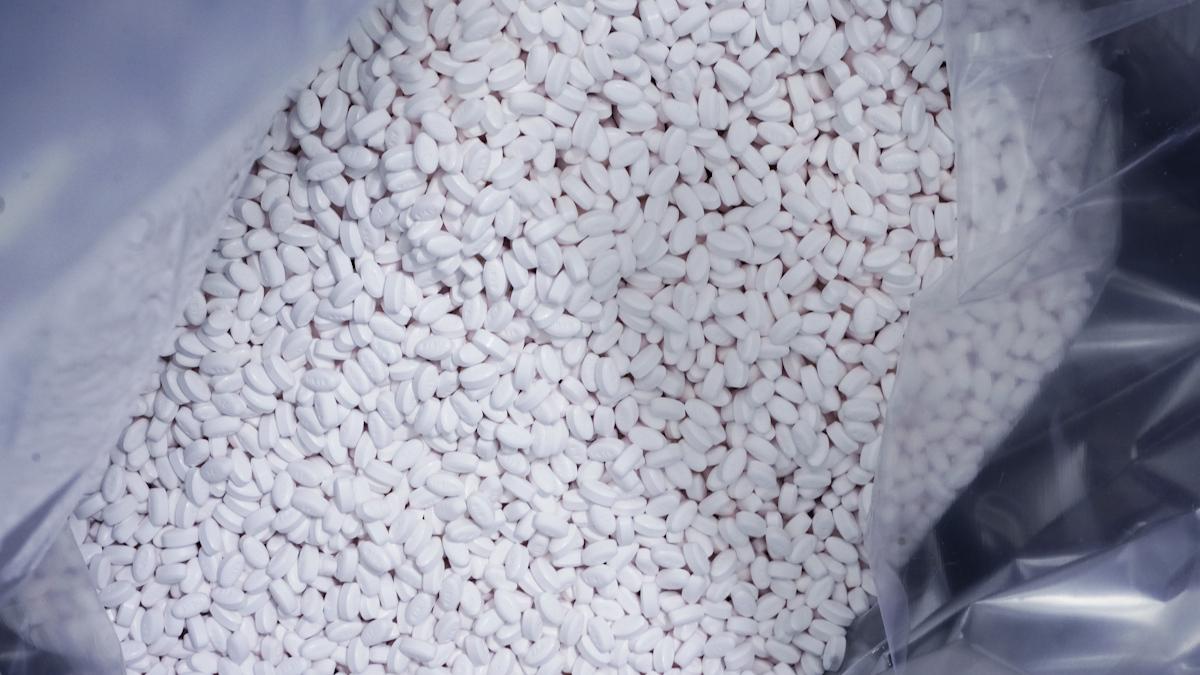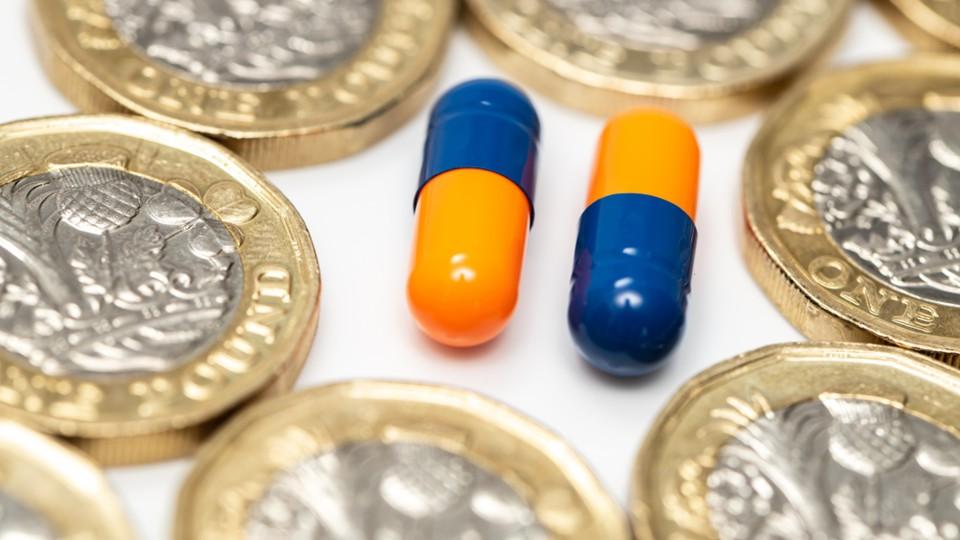Generics group says VPAG may lead to shortages

BGMA chief executive Mark Samuels
Among those celebrating today’s agreement on a voluntary rebate scheme for branded medicines in the UK, there are dissenting voices, including a group representing manufacturers of off-patent prescription drugs.
Mark Samuels, chief executive of the British Generic Manufacturers Association (BGMA), has warned that the agreement could reduce the number of medicine suppliers serving the NHS, raising the risk of shortages.
“Earlier this year, we published plans for a price erosion mechanism (PEM), as we believed it was the simplest way to safeguard the supply to the NHS of off-patent medicines, which represent the vast majority of prescriptions used by UK patients,” he said in a statement sent to pharmaphorum.
“While we are pleased this principle is at the heart of the new deal, we are very disappointed that the PEM appears to damage competition because of how the reference price is calculated.”
The new agreement includes a new framework for older medicines, which means they will have to pay rebate rates of 10% to 35%, depending on exemptions and the operation of the PEM scheme.
With the new framework due to come in at the end of this year, the BGMA tried to force a place at the negotiation table in order to make the case for off-patent medicines in the VPAG, arguing that four out of 10 products covered by the scheme are actually branded generics or biosimilars, but was prevented from doing so by a High Court ruling.
Samuels said today that the BGMA was not made aware of the reference price calculation, despite requests for more information from all parties.
“If apparent in the final agreement, the reference price calculation is a high hurdle for the generic and biosimilar sector, hampering the supply of these medicines to the NHS,” he added.
Another concern raised by the BGMA is the use of an originator product’s Supplementary Protection Certificate (SPC) status – a form of IP that extends the protection of patented active ingredients present in pharmaceuticals – to decide whether a generic or biosimilar medicine that launches is defined as a new or older product.
“Conflating intellectual property status with a tax is a recipe for disaster,” said Samuels. “It means paying a potentially different rate and may encourage originators to add complexity to a product’s IP status to delay the onset of competition. This could mean the NHS paying millions more for some medicines than it needs to.”
To limit this possibility, the final document must explicitly clarify that the main product SPC is relevant, he added.
“There remain other areas of detail that we need to better understand to ascertain whether this is a fair deal for the whole industry and patients,” said Samuels. “More broadly, while it is heartening to see an increase in the overall growth rate, we are concerned that, with next year’s level still at 2%, there is a continuing risk of increased medicine shortages.”
Another area the BGMA would like clarity on is the proposed industry-funded investment facility worth £400 million over five years, which has been earmarked for bolstering NHS clinical trials, supporting manufacturing, and developing new approaches to health technology assessment (HTA).
The trade body said it is important that funding for manufacturing should be made available to off-patent companies, as well, otherwise the government “will have missed an ideal opportunity to mitigate the considerable jeopardy to generic medicine manufacturing in the UK.”
Meanwhile, another group with reservations about the agreement is Global Justice Now, a non-governmental organisation (NGO) that lobbies against what it claims is the monopolisation of the production and sale of key drugs by big pharma companies.
“The government said it wouldn’t give in to the unaffordable demands from the pharmaceutical industry, but this deal effectively doubles the cap on sales growth of branded drugs,” said the group’s pharma campaign manager, Tim Bierley.
“It’s hard to see how the NHS won’t be spending far more on drugs than previously, making this deal too generous to big pharma. This was a missed opportunity to secure a wider reset of the NHS’s relationship with this industry that recognises the importance of public funding to innovation in medicines.”












